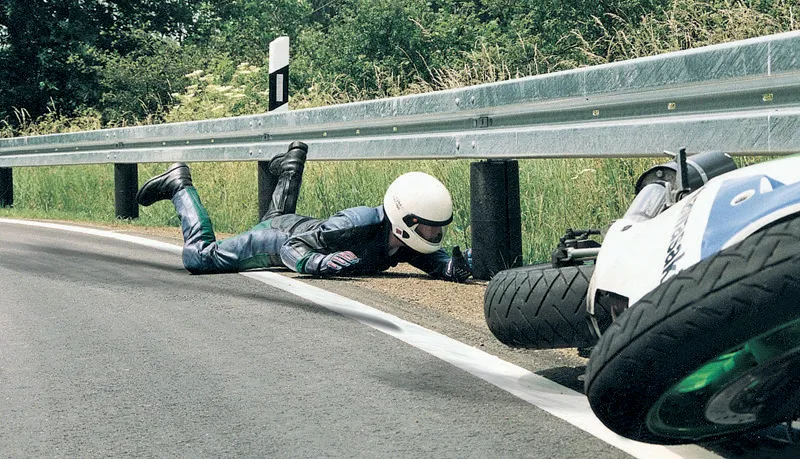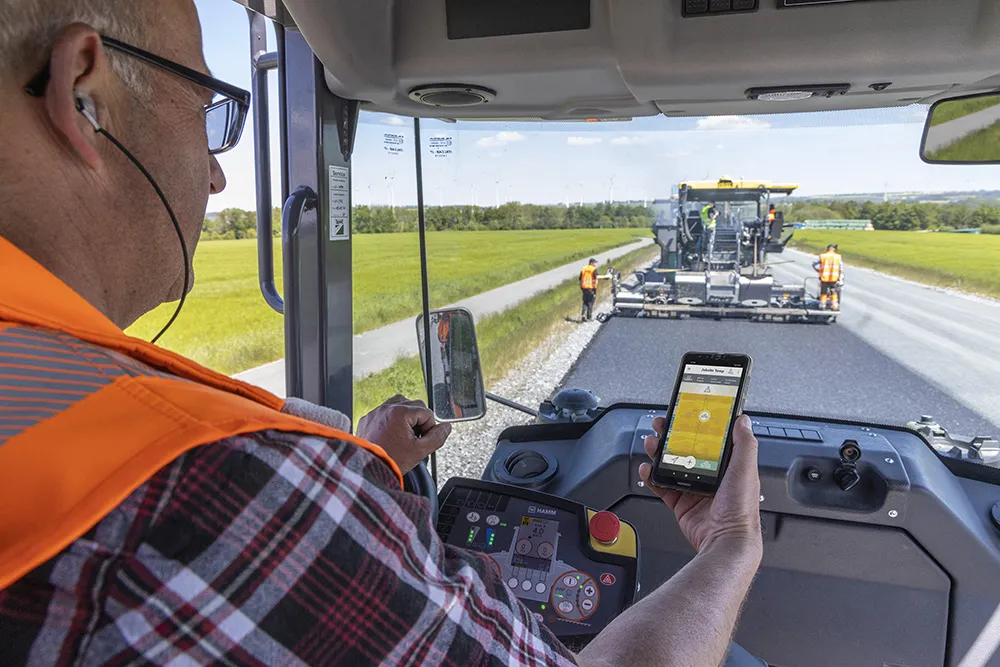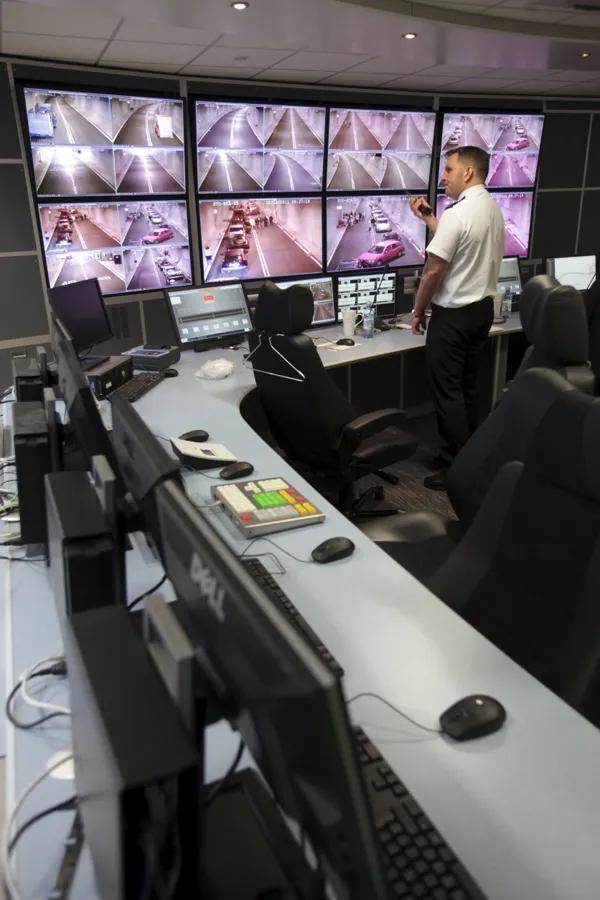May 13, 2025
Improve construction project efficiency while saving lives and improving quality of life with the Road Zipper System™. As the world’s population grows, roads and highways must be expanded. The Road Zipper provides positive protection in work zones plus on-demand flexibility requiring minimum labor to increase windows of time for crews to work safely. As an all-in-one traffic management system, the Road Zipper also quickly and seamlessly shifts lanes to maximize traffic flow for commuters, reducing the risk of accidents and saving thousands of hours of drive time.
Content produced in association with Lindsay Corporation








